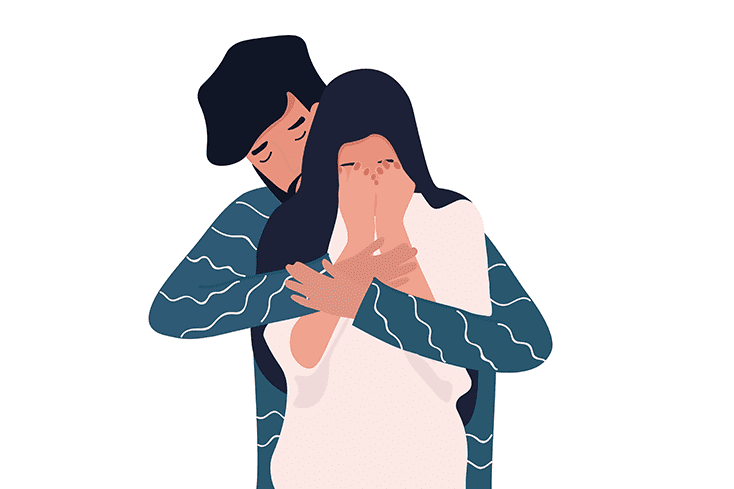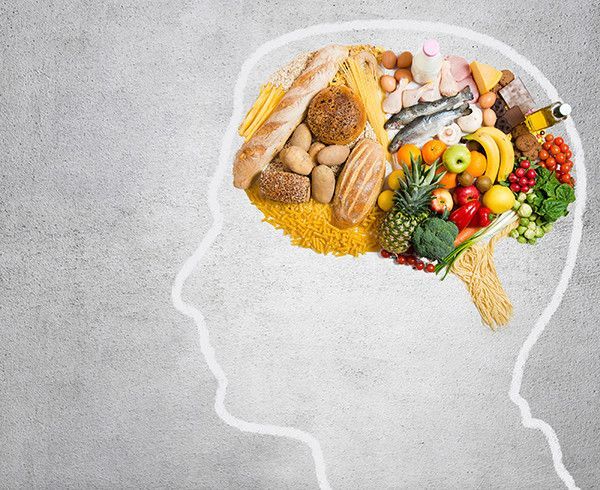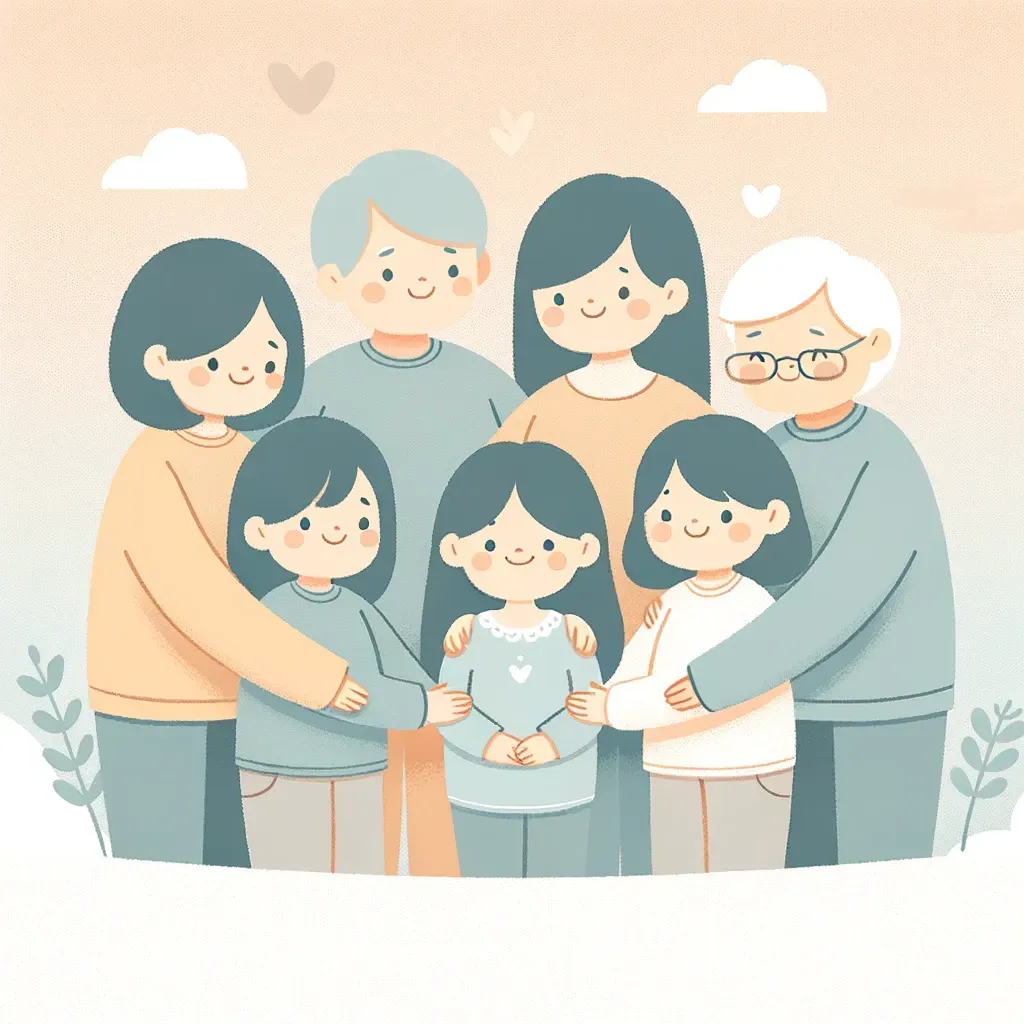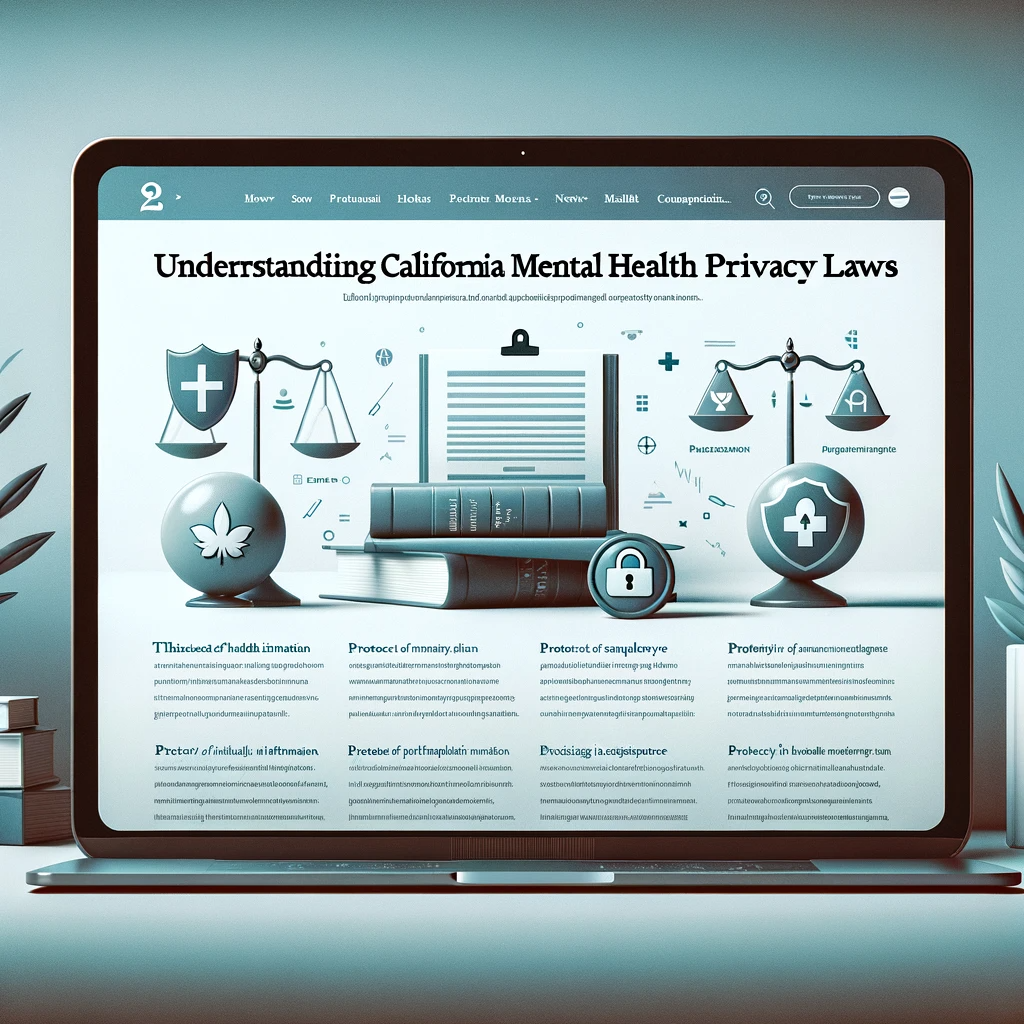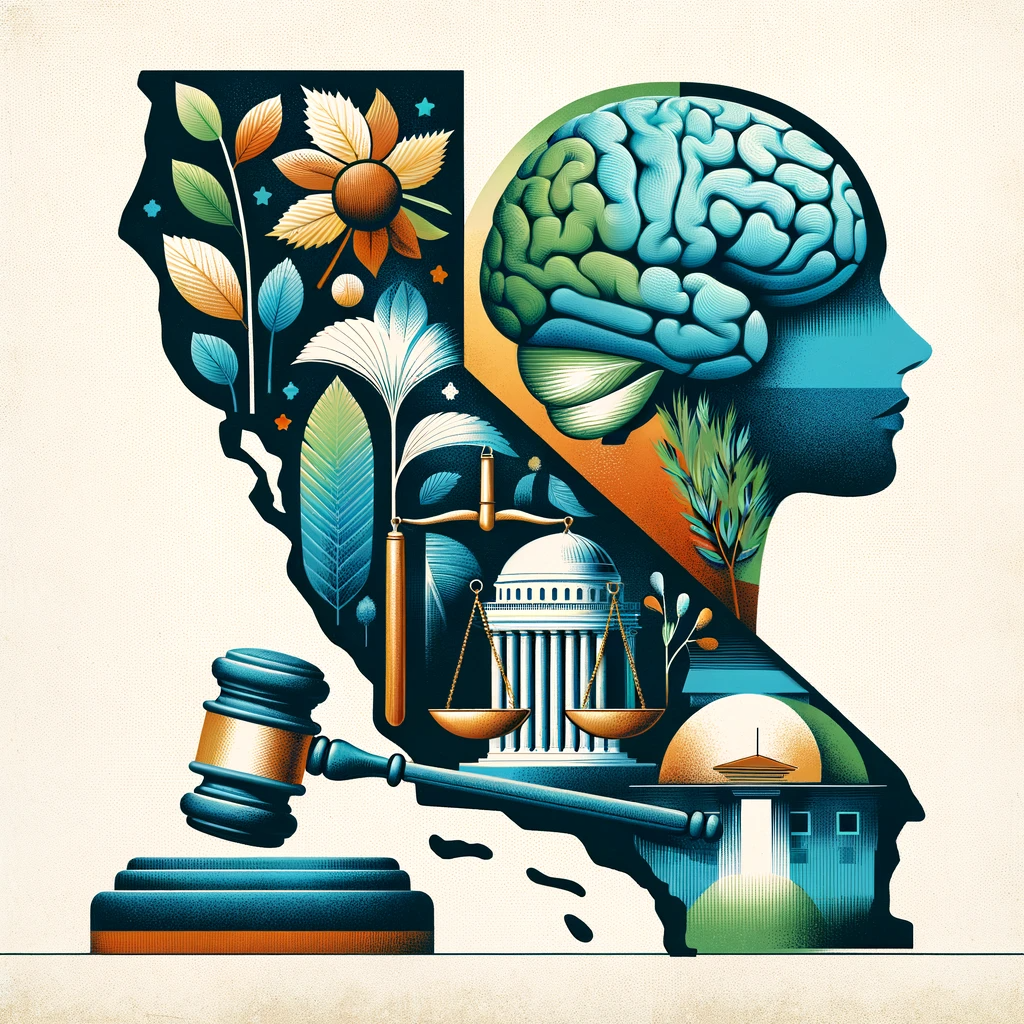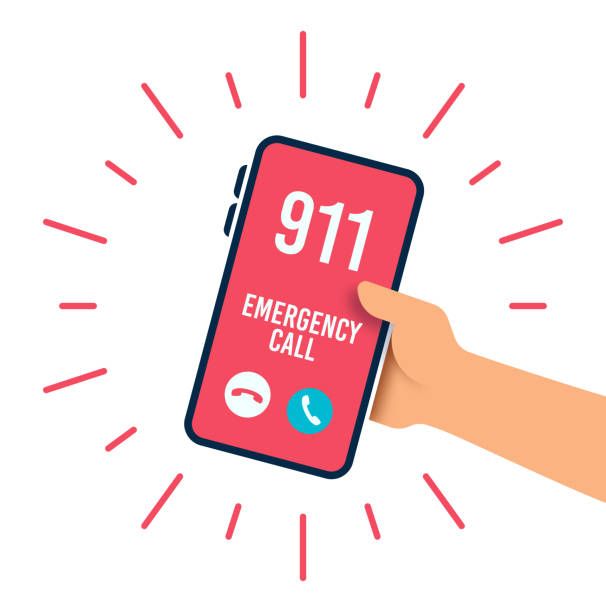文章

走出黑暗:憂鬱症家庭的預防與治療 | Moving Out of the Darkness: Prevention and Healing for Families Facing Depression
1970 年代後期,我開端與父母們談論憂鬱症,一次又一次聽到他們說:「我們害怕自己的病已對孩子造成了非法彌補的傷害,卻沒有有人幫助咱們。」

魏嘉瑩 Chiaying Wei 編譯 譯註:2002 年秋季號的 NAMI 季刊《Advocate》裡,一如往常,有許許多多的好文章,包括精神疾病的相關政策、反污名的倡導、最新研究的資訊報導,以及病 友或家屬的心聲等。其中有兩篇特別引人注意,一篇是從專家的觀點出發的《實 際應用:憂鬱症和你們的關係》,作者為心理學家 Xavier Amador 博士;另外一 篇是《倖存者:一位母親的故事》,為 Patricia Forbes 女士的人生經驗。雖然兩 者各自從不同的角度出發,但談的都是精神疾病對患者、親友、和彼此間人際關 係所造成的影響,以及他們如何能夠度過這個難關。事實上,兩篇文章甚至可以說完全地相互呼應著。希望家屬與病友們讀了之後,將獲得所需的知識與力量, 家屬們不但可以面對所愛的人的精神疾病,也能同時照顧好自己;更希望每一個 人都會產生信心,知道自己將可以度過這一切。 Xavier Amador 博士目前任職於全美精神疾病聯盟,主持其下的研究、教育與實踐中心;如果讀者對本文有任何批評指教或疑問,歡迎以中英文,利用電子郵件: mentalillnessandlife@hotmail.com 與作者聯絡。 此外,值得一提的是,Patricia Forbes 女士表示,自從失去孩子之後,跟別人分享她的力量與希望,還有消除長久以來腦部疾患(亦即精神疾患)所承受的污名, 已成為她的人生任務。 實際應用:憂鬱症與人際關係 Practical Application: Depression and Your Relationships 「和患者生活在一起的人,也是罹患憂鬱症和焦慮症、恐懼症等其他情感性精神 疾病的高危險群。」 Xavier Amador, Ph.D. 憂鬱症經常具有強大的破壞力;我們都知道臨床憂鬱症影響人的心情、睡 眠、食慾,行動,甚至還有求生意志,卻不知道它對人際關係造成什麼樣的影響。 在婚姻關係裡,假如其中一方患有憂鬱症,以離婚收場的機率比沒被憂鬱症所困 擾的婚姻高了九倍。 這個令人難以相信的統計數據不單單指出臨床憂鬱症對人際關係可能的破 壞性;比起一般人,憂鬱症患者和親近的人在相處時,面臨較多的壓力與衝突, 爭執、誤解更是家常便飯。在這樣的情況之下,憂鬱症——以及憂鬱症所導致的 性生活問題——成為伴侶們尋求諮商協助最常見的原因,一點也不令人吃驚;有 大約 50%的憂鬱症婦女抱怨自己有嚴重的婚姻問題。憂鬱症患者的親屬常因為擔心、生氣,和精疲力盡的感受愈來愈嚴重,而受盡折磨;事實上,和患者生活在一起的人,也是罹患憂鬱症和焦慮症、恐懼症等其他情感性精神疾病的高危險群。 曾經身為臨床憂鬱症的受害者,我目睹過它如何使我愛的人身心俱疲,卻無力幫助他們,因為掙扎著想好起來對我來說就已經夠難的了。幸運的是,有技巧可供學習,幫助人們對抗憂鬱症的「連帶效應」,在維護重要關係的同時,也使患者可以好好地康復。 為什麼憂鬱症對人際關係如此具有殺傷力,甚至會波及患者身邊的人呢?試 著想像一下,如果你覺得孤單寂寞,甚至很憤慨,因為太太好幾個星期以來都心情不佳,不想和你一起做任何事,當她要求你幫忙家裡內外的雜務時,你大概會 露出不高興的樣子;她感受到你的憤慨,覺得不被支持,於是更無助,也更憂鬱, 而這些反應又加深了你的寂寞以及憤慨。研究報告把這種互動稱之為憂鬱症的惡性循環漩渦,也就是患者的行為和你的反應不但沒有幫助憂鬱症減輕,反而使它加劇。 這種惡性循環早期可能以數種不同形式發生,其中之一是,因為你對自己生太太的氣覺得有罪惡感,所以無法告訴她你的感受,她卻認為你不願意與她分 享你的感受,於是你們倆之間的溝通開始產生裂痕。也可能你太直接表達自己的憤怒,反倒點燃另一半心中原來就已經一觸即發的導火線,使有建設性的討論變成不可能。我們都知道激烈的爭吵解決不了任何問題,但是卻沒有想到,它同時也不可避免地使兩人的憂鬱和絕望感加劇。這就好像兩個人一起跳舞時,一個人的腳步一定會影響另一個人的腳步一樣;當你們之間的關係發生問題時,極可能你早就已經加入這場憂鬱之舞了。 心理學家 Laura Epstein Rosen 博士跟我發現,憂鬱症患者的人際關係會經歷我們所謂的『憂鬱症適應階段』(stages of adaptation to the depression, SAD)。 就像嬰兒從學爬到學走,經歷各個成長的里程碑一樣,人際關係在回應憂鬱症時,也會經過一連串的階段;也像嬰兒的成長一樣,SAD 會隨著每段不同的關係,在不同的時間發生,階段和階段之間並不一定有明顯的間隔。相同的行為模式可能會接連出現在不同的兩個階段中;就如同幼童雖然已經學會走路,但有時候還是會用爬的一樣。雖然可能發生倒退的情況,但原則上各個階段是依序發生 的。每個階段中,你的行為決策都會影響憂鬱症本身的發展和你們之間的關係。 1. 發現問題 在這個階段中,關係裡的其中一個,或兩個人同時發現彼此的相處出現問題;問題可能是新浮現的,也可能是舊問題的加劇,其範圍可能是兩人之間爭吵質與量的改變,及溝通的漸行破裂。 2. 產生反應 對問題最初的反應有可能是有意識,也可能是無意識的——就 像反射動作一樣;關係裡的一個人或兩人同時開始對問題產生建設性地或破壞性的回應。 3. 蒐集資訊 蒐集和問題相關的資訊時,可以彼此討論,或徵詢他人對問題 * 譯註:Laura Epstein Rosen 博士與作者合著有《當你愛的人得了憂鬱症》( “When Someone You Love is Depressed” )一書。何在有什麼看法。成功的資訊蒐集是明白憂鬱症如何導致,或促成問題的發生, 避免對錯誤的線索窮追不捨;例如:「她對性生活沒興趣是因為有外遇」,「她整天躺在床上是因為自私和懶惰」,或「他會忘記是因為他不關心我」。 4. 解決問題 在這個階段,蒐集到的資訊將形成新的行動計畫,使你比較不會對問題產生例如覺得被拒絕或受傷害等,基於反射性的回應;而有較多例如知道問題的成因是憂鬱症,並試圖解決等,出於思考過後的回應。假如行動的基礎 建立在錯誤的問題上,亦即,兩人都沒認清憂鬱症是罪魁禍首,便會無法解決問題;如果正確地斷定出問題的根源是憂鬱症,將可以有效地解決在彼此關係裡發生的問題。 如果某個你愛的人正經歷著臨床憂鬱症,根據臨床經驗以及研究,我們建議 你下列的基本原則: y 盡你所能學習關於臨床憂鬱症的知識,並明白自己對於所愛的人生病有什麼反應,例如生氣、怨恨、恐懼等。 y 對自己和患者抱持合理的期待。(例如,你或許可以使你愛的人高興一些,但卻無法治好臨床憂鬱症。) y 提供無條件的支持。(例如,盡可能經常地表達你的愛和支持。) y 盡量維持你的生活習慣。(例如,不要擔心自己一點都不能讓對方單獨一個人, 這樣你才能擁有社交生活、運動等。) y 不要怕表達自己的感受——只要注意表達時用有建設性的方法即可。 y 不要把事情看成與個人有關。(例如,學著區分什麼事是由憂鬱症,而不是個人的因素造成的。) y 同時為兩人尋求協助。 y 以團結合作,而非敵對的態度,一起努力對抗憂鬱症。 在通過 SAD 時好好地運用這八個基本原則,將可以對你產生正面的影響, 並且減輕憂鬱症所引發的負面連帶效應。 倖存者:一位母親的故事 Survival: A Mother’s Story Patricia Forbes 「假如說有一個例子可以清楚地詮釋無力感,那一定是努力想醫好所愛的人的精神疾病。」 「比較有用的方法是,我也下水到她所在的地方加入她——只在她身旁跟著游就好。」 多年以來,我一直天真地相信,愛可以克服一切困難,只不過,事情卻全然並非如此。 我是一個母親,養育了四個孩子,其中兩個還沒來得及找出這個世界對自己的意義,便失去了生命。這兩個我心愛的孩子都患了躁鬱症,儘管再怎麼努力,我還是無法幫助他們穿越降臨的烏雲。 女兒在十四歲時初次顯現生病的徵兆,兒子則是在離家念大學,半工半讀時,受到憂鬱症的襲擊。他的病看似比較輕微,只因為他在病發之前擁有較久的 正常生活,並且明白我已經為了妹妹的病煩惱不已,所以想要保護我遠離他的麻 煩。 假如說有一個例子可以清楚地詮釋無力感,那一定是努力想醫好所愛的人的 精神疾病。一個孩子生病十九年,另一個孩子生病十年;支撐我度過這段時光的, 單純地只是希望:希望有上帝的幫助,希望有某個原因讓事情有所轉變,希望科學研究找到答案;使這些美好的年輕人們能擁有片刻的寧靜。多少次我祈求上帝免除孩子們的病痛,讓生病的人是我,只要祂放過他們,我願意承受所有痛苦。 雖然有時候事情看似穩定,有時我們能一起歡笑,不用說一切還是每況愈 下。我的兩個孩子都很溫柔而且慷慨,擁有善良、開放、未經世故的天真,一種坦率,以及可以立即辨識出欺騙的深度。哥哥姊姊一直都很關愛而且支持他們, 但歷經情況的時好時壞,我們所有人都精疲力竭——卻又無力改變——整個家庭也都付出了代價。我們沒有一個人知道怎麼做有用,但卻全部覺得就某方面來說自己有責任。 我包辦了所有奔波的工作:閱讀、跟專業人員交談、試著讓孩子們合作嘗試各種新的藥物、尋求所有在社區中找得到的協助。我加入了全美精神疾病聯盟在三個州裡的組織:我的故鄉德州,我住的科羅拉多州,以及女兒居住的亞歷桑那州。我們得到片刻的寬慰,我的希望也增強了;這持續地並不久,卻容許我有片刻喘息的機會。 醫生們很早就告訴我,要確保自己不要和所愛的家人一併落入絕望的深淵。 為了度過難關,我需要養成某種防衛機制,設定界線,而我得度過難關,存活下去,才能為他們說話。 身為母親,對我來說最難的一件事其實是一項簡單的事實,不像發燒,我無法治好女兒的病;她需要從專業人員那裡獲得第三者的協助,那和親情的影響力一點關係也沒有。醫生們建議我,精神疾病患者需要漸漸獨立自主,接受自己的病情,願意服藥,並且學習適應的技巧;待在某個可以讓他們百分之一百獨立的 環境會最理想。不幸的是,這在我們家很難實現;為人母的天性讓我保護著他們。 我懷著罪惡感奔忙著,但時間證明醫生是對的。 在結構完善的療養中心,以及之後的團體之家裡,女兒確實過得比較好。她內在的戰爭比較不那麼嚴重,似乎比較願意學習如何處理自己的疾病、學習適當的行為舉止、培養工作技能。有 一段時間,她自己住在公寓裡,參加大學裡的課程;她的確試著努力,有那麼些時候,我認為我們會成功。 但每一次我們看似讓每件事都各安其所時,結果總是好景不長。 從這個經 驗,我學到接受和彈性兩個有力的教訓。我學會不絞擰雙手、不再哭泣、也不原地踱步,但我從不曾停止努力進行溝通。當女兒因為自己的情況,以怒氣衝撞著 我時,我會告訴她:「我能體會你的憤怒,但是不接受你的言語暴力。我要告訴你,你想怎麼樣都好——生氣和挫折——,但是我希望你明白一件事:我不會離開;我是你的媽媽,我愛你,你別無選擇,完畢。」 每次哀傷漸漸轉變成讓人支離破碎的挫敗和悲痛時,我就得練習放手;把自己的哀傷和罪惡感交給上帝,學著不要被自己的情緒吞噬。在探究疑問的同時, 我學會接受今日的「現狀」,面對找不出答案的問題;慢慢地,慢慢地,我學會找到一個限度,明白自己已經做了所有能做的事。不過那並不意味著我停止努力、關心、或嘗試,只代表我能夠把重擔從自己身上移開,不再試著一個人治好某人的沈痾。 在一次 NAMI 的會議裡,我聽到一位漂亮的女孩談論自己的精神疾病,她舉了一個很有用的例子,教人如何提供幫助。我從她那裡學到,就像小孩子學游泳 一樣,我不能逼女兒,也不能代替她游。比較有用的方法是,我也下水到她所在 的地方加入她―—不催她,不對她嘮叨,或試著找出事情的意義―—只在她身旁跟著游就好。 當所愛的人患了癌症或心臟病時,人們會很好心,試著表現仁慈。腦部疾患卻以一種不同的方式,讓家人們遭遇嚴厲的折磨。無法信任狀況暫時的穩定,日 復一日不知道接著會浮現什麼樣的問題——或者如何為我們愛的人處理這些問 題——使得家庭生活承受著難以想像的沈重壓力;而為了某種理由,我們無法談論它,也無法一勞永逸地將之解決。 患著腦部疾病時,病人的行為將所有的人和所有的事都推了開來。 但我們還是必須不停地嘗試,腦部疾病患者就像我們其他人一樣,是上帝的世界裡重要的生物。絕大多數的人都不明瞭他們所受的痛苦,以及他們有多需我們的體諒;似乎為了讓他們獲得這些東西,我們還得經過一番奮鬥。 對其他為了相同問題每天苦惱的父母,我想說:「我也曾經經歷過這些事, 但我真的存活下來了。事實證明每個孩子都是我最好的老師,他們教我逐漸獲得 這些力量:我學會了一定程度的耐心、寬容、和堅持,以及如何保持韌性及希望。 用任何其他的方法,我都不可能這樣學會這些事。你也可以。我伸手向身邊的擁 有相同問題人求援;藉著不停地祈禱,跟別人分享力量,還有來自生命中支持我 們的人所給予的鼓勵,我們一定能夠度過這一切。」 本文獲得 NAMI 允許譯自 “NAMI Advocate” Fall, 2002 Mental Illness and Family (PDF File)





